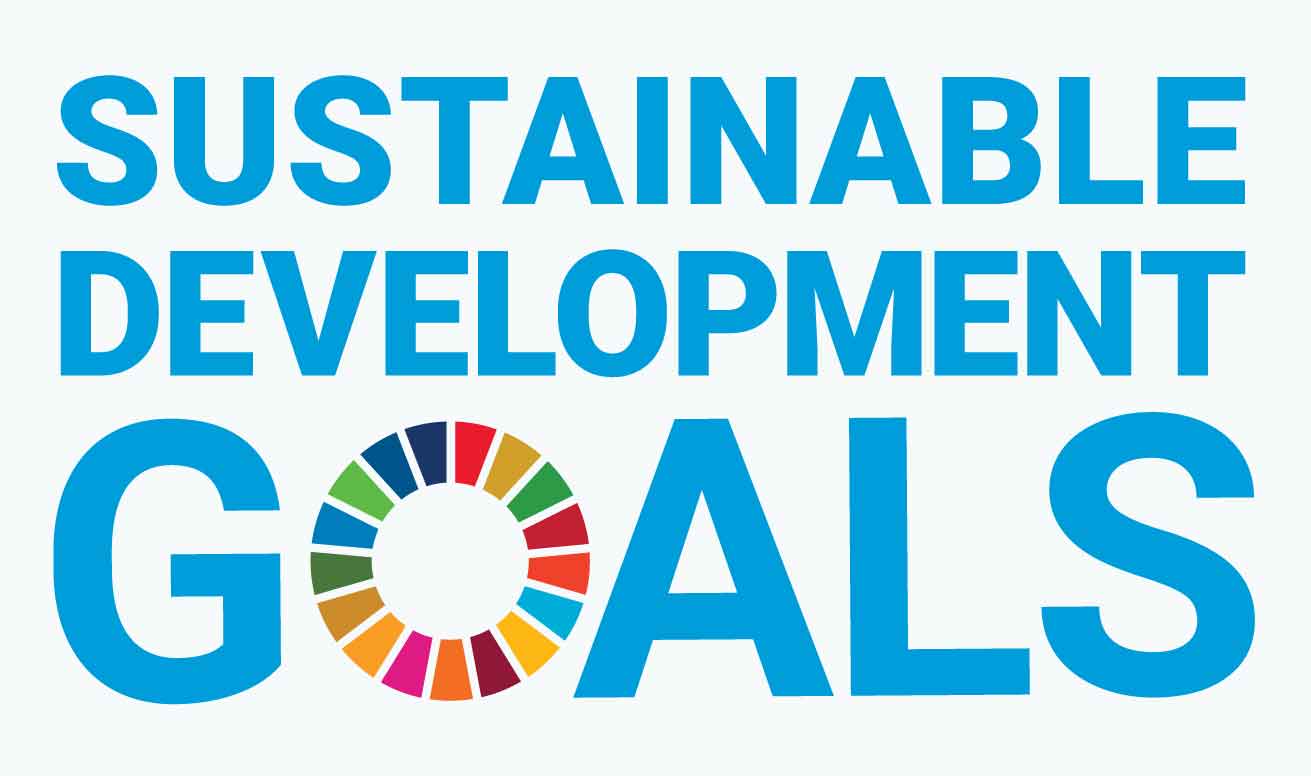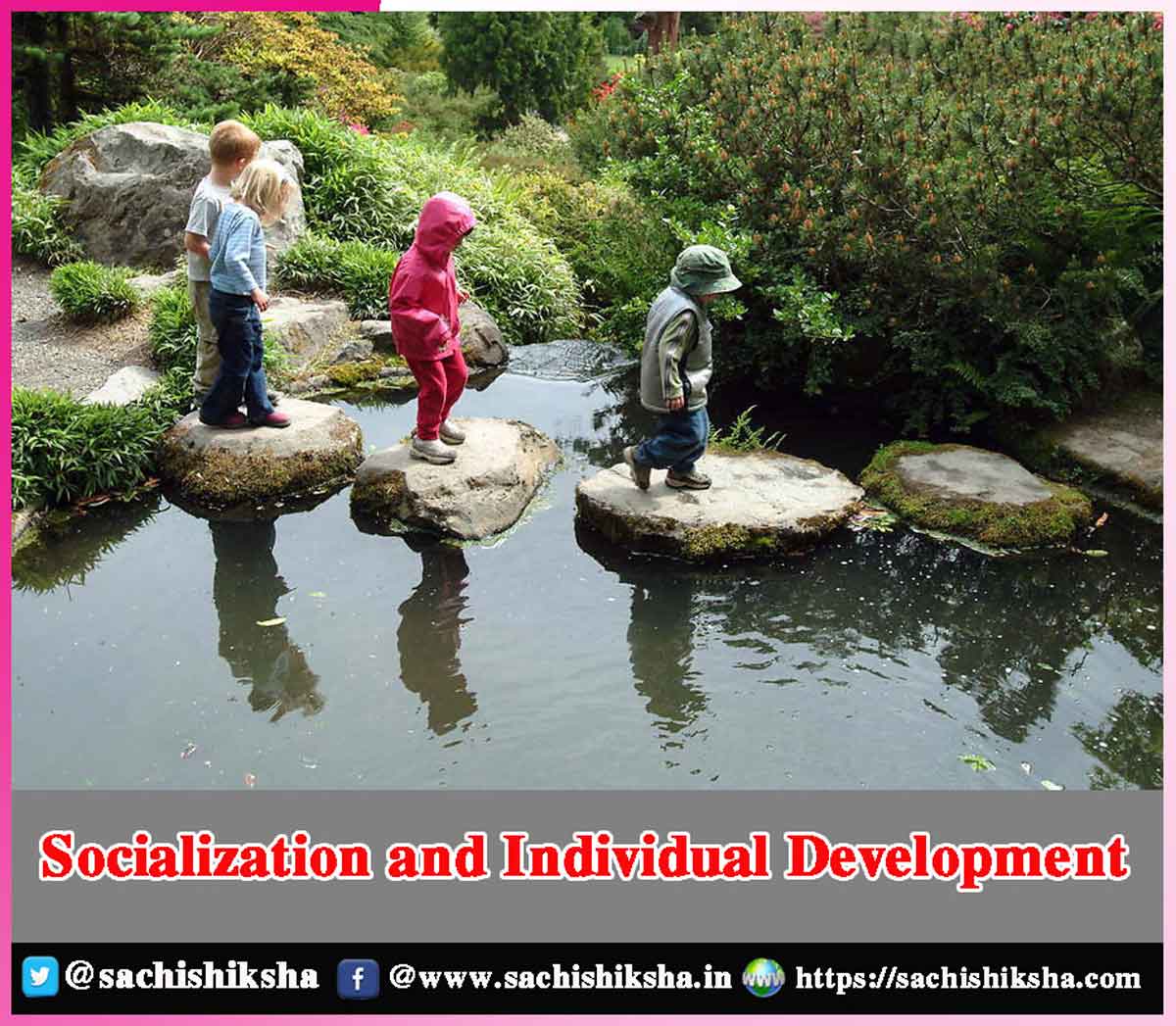Socialization and Individual Development
Introduction Socialization is the process through which individuals acquire the knowledge, skills, norms, values, and behaviors necessary to function effectively within society. It is a fundamental aspect of human development, shaping how individuals perceive themselves and their place in the world. From infancy to adulthood, socialization occurs through interactions with family members, peers, educators, and the broader community. In this essay, we will explore the profound impact of socialization on individual development, examining its influence on identity formation, cognitive growth, emotional intelligence, moral reasoning, and overall well-being.
Table of Contents
Learning Cultural Practices

Living Fully
Socialization allows us to live fully as humans. In the absence of socialization, there would be no human race or lifestyle and culture, and we might be unable to socialize. All sociologists accept the significance of socializing in promoting balanced individual and society development. In the absence of socialization, a society’s traditions would deteriorate as members perished. Individuals receive socialization differently depending on their gender, socioeconomic social class, and culture.
Erik Erikson’s Psychosocial Theory
Numerous theories have been proposed to understand the mechanisms and consequences of socialization. One prominent framework is Erik Erikson’s psychosocial theory, which says that individuals pass through eight stages of development, each characterized by a unique psychosocial crisis that must be successfully resolved for healthy personality development. For example, during the adolescence stage, individuals grapple with the crisis of identity versus role confusion, seeking to establish a sense of self and social identity.
Social Interaction & Cultural Context
The role of social interaction and cultural context in cognitive development for any individual is very crucial. The Identity development is a key component of childhood, although it evolves throughout life. Socialization effects how people view themselves and their sense of belonging to various social groupings including family, peer groups, cultural communities, and society as a whole. Establishing identity requires experimenting with various roles, values, and beliefs, which are frequently reinforced through interactions with others.
Family
Family is typically the primary agent of socialization during early childhood, shaping children’s sense of self-esteem, attachment styles, and cultural identity. Parents serve as role models, imparting values and transmitting cultural traditions to their children. Peers become increasingly influential during adolescence, providing opportunities for social comparison, peer acceptance, and the development of interpersonal skills. As individuals navigate these social contexts, they construct their identities through a complex interplay of internal and external factors.
Emotional Intelligence and Social Competence
Socialization plays a crucial role in the development of emotional intelligence, defined as the ability to perceive, understand, and manage one’s own emotions and those of others effectively. Emotional intelligence encompasses skills such as empathy, emotional regulation, social awareness, and interpersonal communication, all of which are essential for building meaningful relationships and navigating social interactions.
During early childhood, parents provide emotional support and teach children how to express and regulate their emotions appropriately. Through responsive interactions, children learn to recognize facial expressions, interpret social cues, and develop empathy for others. As they grow older, peer relationships become increasingly important for practicing social skills and learning the norms of emotional expression within their peer group.
Moral Development and Ethical Reasoning
Socialization also plays a vital role in shaping moral development and ethical reasoning. According to Lawrence Kohlberg’s theory of moral development, individuals progress through stages of moral reasoning, from a focus on self-interest and obedience to higher levels of ethical principles and universal values. Kohlberg proposed that moral development is influenced by social experiences and moral discussions within the family, school, and broader community.
Role models, moral exemplars, and moral dilemmas provide opportunities for moral reflection and the cultivation of ethical judgment. Socialization processes also contribute to the development of social behaviors such as altruism, cooperation, and empathy, which are essential for maintaining social harmony and collective well-being.
Socialization Across the Lifespan
While socialization is particularly salient during childhood and adolescence, it continues to shape individuals’ attitudes, beliefs, and behaviors across the lifespan. Transitions such as entering the workforce, forming intimate relationships, and becoming parents involve new social roles and responsibilities, necessitating ongoing adaptation and social learning.
In adulthood, social networks provide social support, companionship, and opportunities for personal growth and fulfillment. Strong social ties have been linked to better physical and mental health outcomes, including reduced risk of depression, anxiety, and chronic illness. Conversely, social isolation and loneliness can have detrimental effects on well-being, highlighting the importance of maintaining meaningful connections with others throughout life.
Agents of Socialization
Several social institutions serve as agents of socialization, shaping individuals’ attitudes, values, and behaviors through formal and informal means. Family, as the primary agent of socialization, influences early socialization experiences and provides a foundation for future development. Parents transmit cultural values, social norms, and religious beliefs to their children, setting the stage for their socialization into society.
Schools play a significant role in socializing children and adolescents, providing opportunities for academic learning, social interaction, and character development. Teachers serve as authority figures and mentors, imparting knowledge and fostering social skills such as cooperation, communication, and critical thinking. Peer groups within schools offer a context for social comparison, identity exploration, and the development of friendships and peer relationships.
Mass media and technology have become increasingly influential agents of socialization in contemporary society, shaping individuals’ attitudes, beliefs, and behaviors through television, movies, social media, and online platforms. Media messages often convey cultural norms, stereotypes, and values, influencing how individuals perceive themselves and others. However, the impact of media on socialization can vary depending on factors such as age, gender, ethnicity, and socioeconomic status.
Conclusion
While socialization presents various challenges and complexities, its benefits far outweigh its drawbacks. By fostering interpersonal connections, promoting cognitive growth, and instilling cultural understanding, socialization enriches individuals’ lives and contributes to the fabric of society. Recognizing and addressing the challenges of socialization, such as peer pressure and digital disconnect, can empower individuals to cultivate meaningful relationships, embrace diversity, and thrive in an interconnected world. It contributes to a greater understanding of an area’s social structure, which leads to the personality development of its members.













































